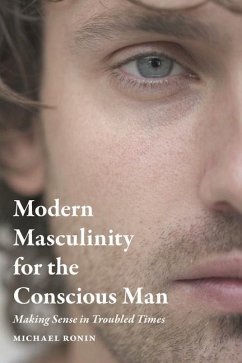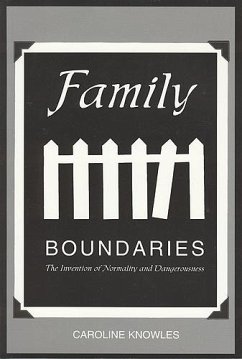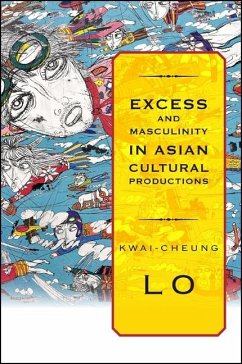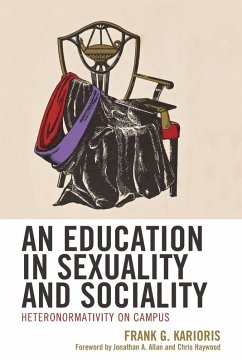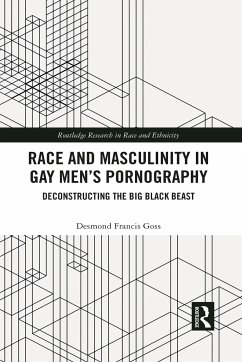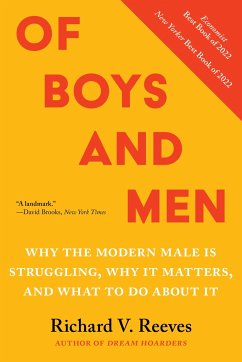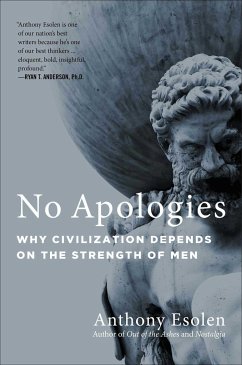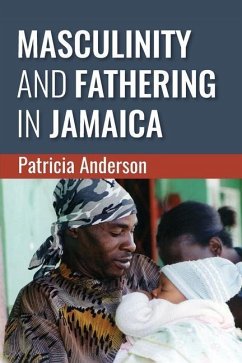
Masculinity and Fathering in Jamaica
Versandkostenfrei!
Versandfertig in über 4 Wochen
55,99 €
inkl. MwSt.

PAYBACK Punkte
28 °P sammeln!
Why do many Jamaican men acknowledge the importance of love, but also believe that men have the right to physically discipline their partners? How far does fathering become a journey of personal self-development? What happens to "outside children" when the father also has children at home? Why do fathers believe that they must toughen their sons? These are some of the questions which are carefully explored in this groundbreaking study of Jamaican fathers. The study departs from the tradition of Caribbean family research in which the focus has usually been placed on women and on households and ...
Why do many Jamaican men acknowledge the importance of love, but also believe that men have the right to physically discipline their partners? How far does fathering become a journey of personal self-development? What happens to "outside children" when the father also has children at home? Why do fathers believe that they must toughen their sons? These are some of the questions which are carefully explored in this groundbreaking study of Jamaican fathers. The study departs from the tradition of Caribbean family research in which the focus has usually been placed on women and on households and instead gives men the opportunity to speak for themselves. Unlike the familiar emphasis on low-income households, this new study interviewed men across a range of social classes and within different community contexts. As a result, the impact of harsh economic conditions is unmistakable in limiting the ability of Jamaican men to translate their fathering commitment into active and continuing involvement. Across social classes and communities, Jamaican men share a common cultural conception of what is required to be a good father. However, they are also tied to definitions of hegemonic masculinity which emphasize male dominance and virility, so that domestic conflict may be inevitable, and men's aspirations to be good fathers may become imperilled. Given the existence of these countervailing values, there is a struggle to find a reasonable fit. The study concludes that it is possible for Jamaican men to be good fathers but bad husbands.



